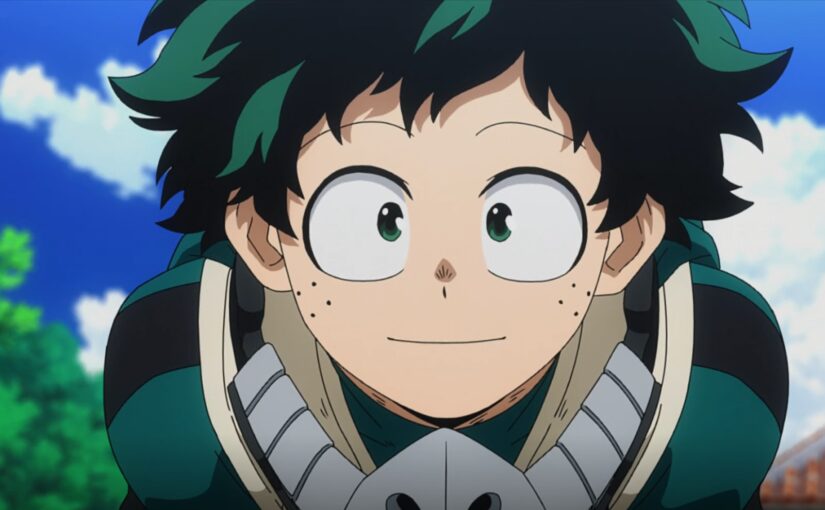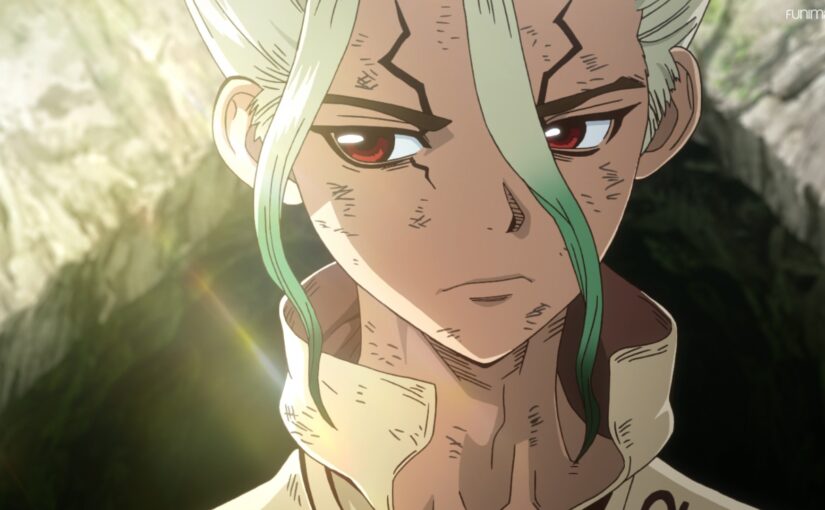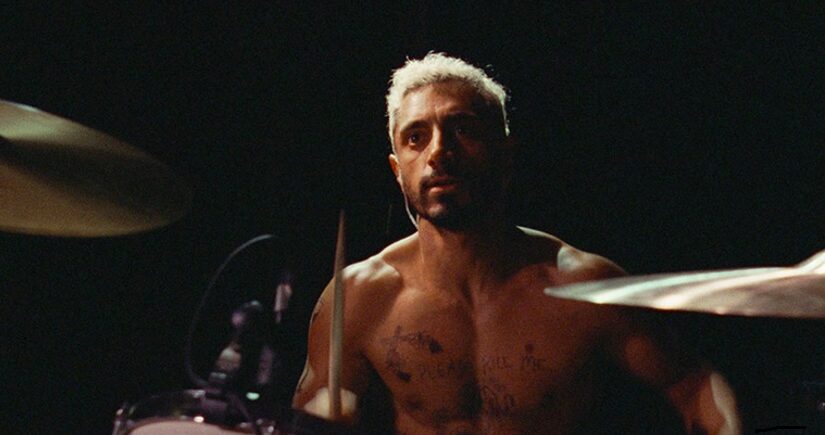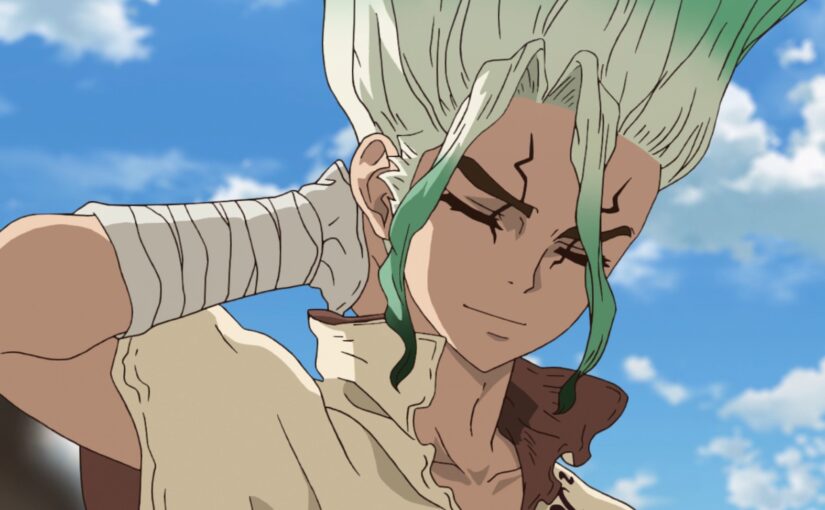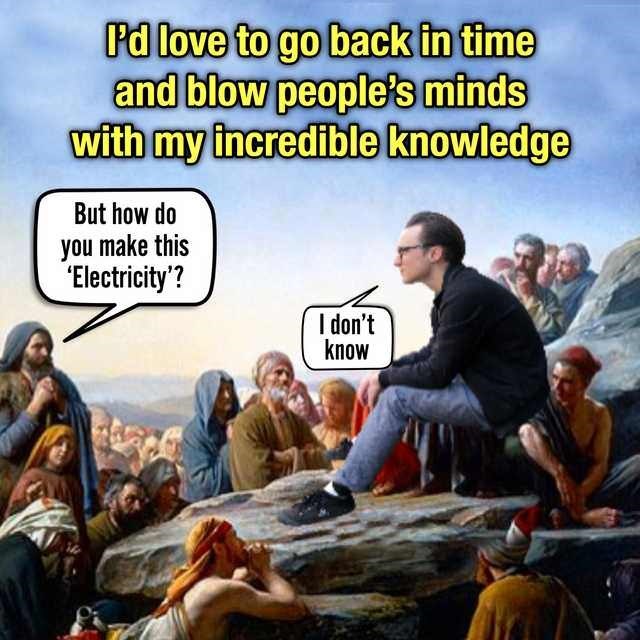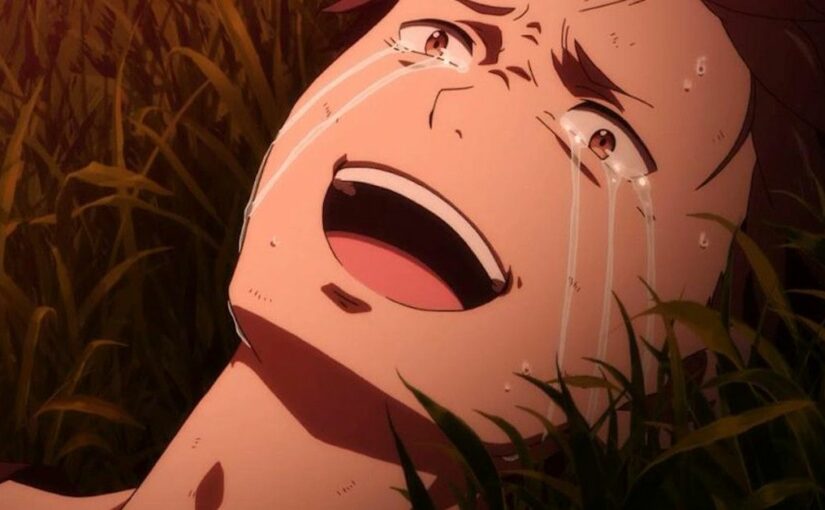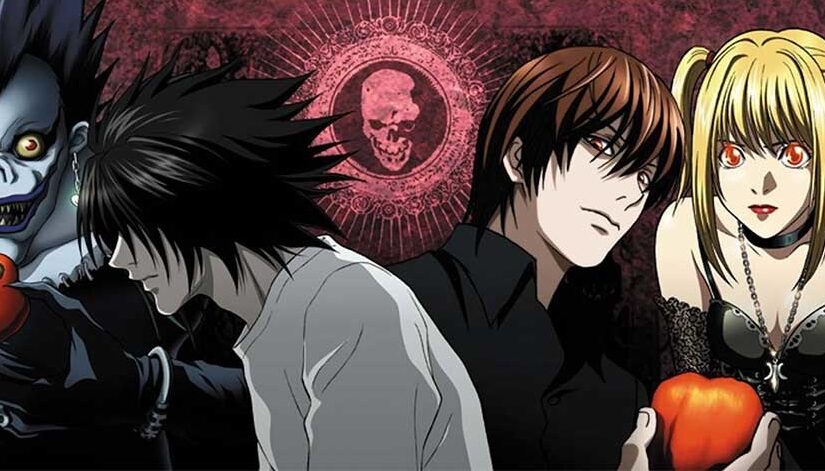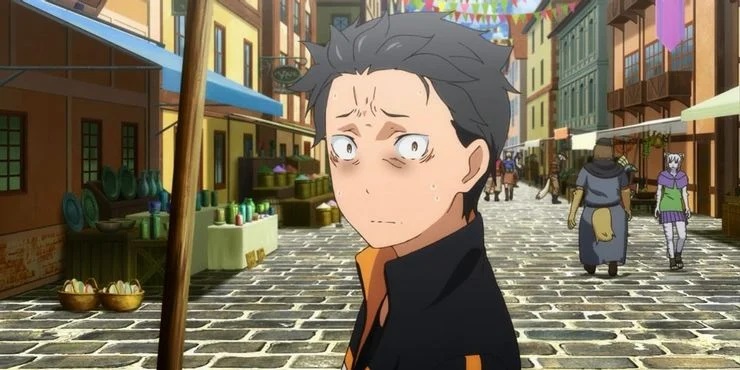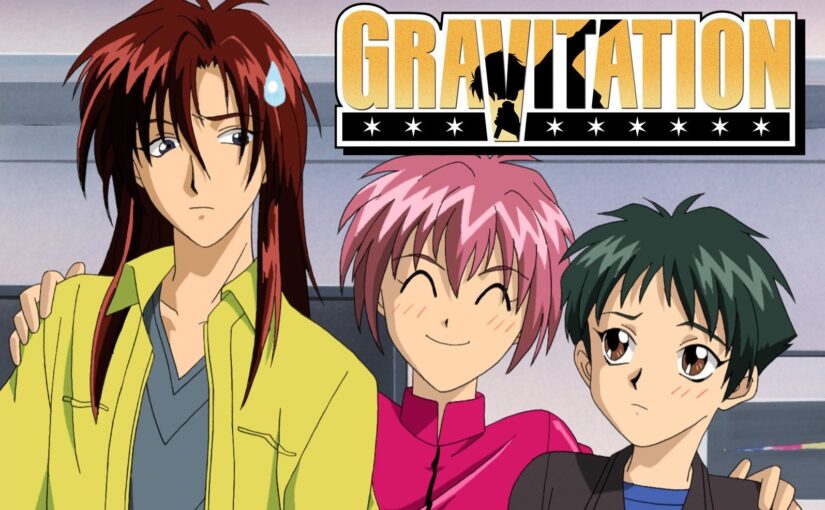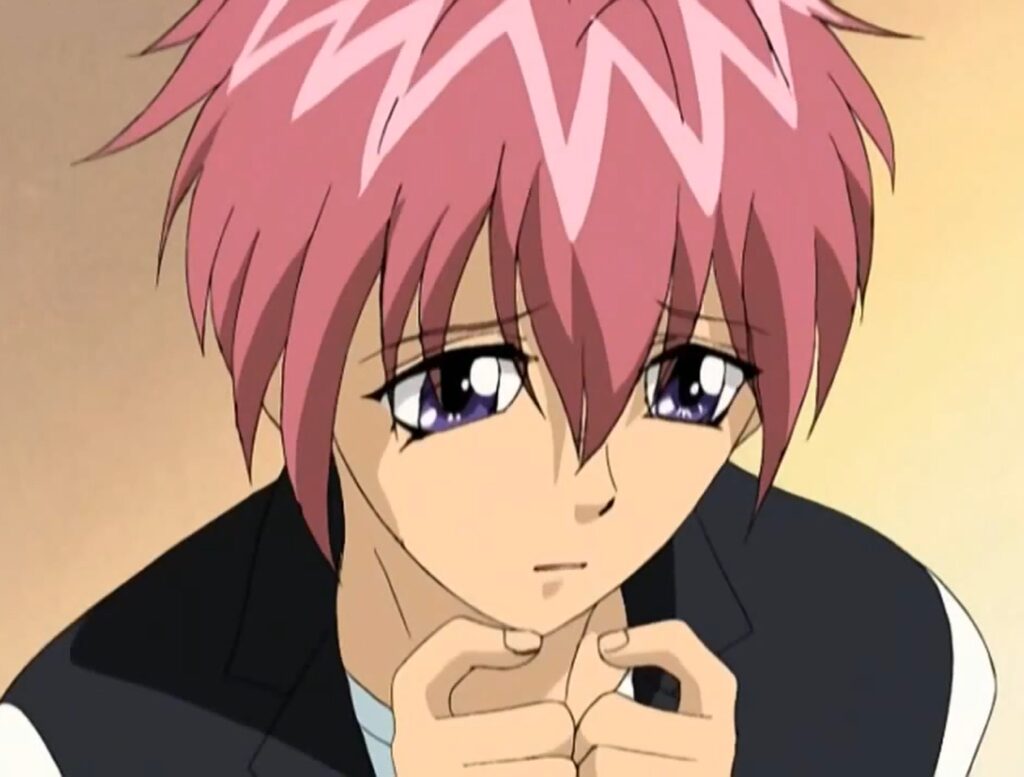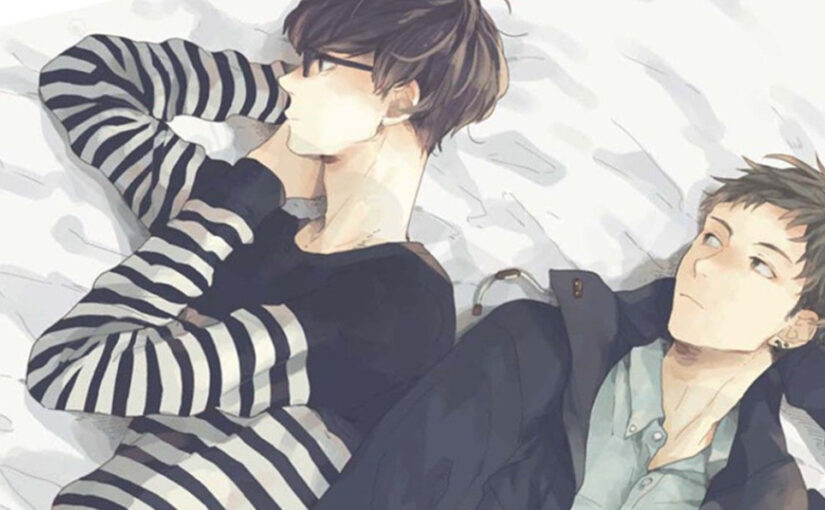My Hero Academia. Everyone is watching it, everyone is talking about it. It is a great shounen anime. It really is worth watching.
Despite MHA being great, I can’t really give MHA all that much praise because it doesn’t feel unique or inspired. Being unique in the saturated superhero landscape is difficult. After all, everything in one way or another is inspired by other things; we are just making copies of copies of copies. My Hero Academia hits on all the shounen and hero tropes, making it feel familiar before you even start watching it.
What makes My Hero Academia great is the flawless execution of all these tropes.
It has a great story (albeit uninspired), the animation is great, and the characters are great. Watching the show is exactly what you would expect from a shounen anime. I said a similar thing about Black Clover being “un-original” but still a great anime since it did everything right.
My Hero Academia is slowly putting itself in a position where the story can make a deeper critique of Hero culture and our infatuation with it. MHA includes villains who rebel against the status quo of the Heros because they believe the Heros themselves have become corrupt and greedy. With the retirement of All-might, we also posed the question, what is a hero symbol? Do we need a symbol of justice? Who gets to determine what justice is? Do bureaucracies get in the way of justice? Is vigilante justice ever justified?
All of these deeper moral questions that MHA ponders suggest a story that is deeper than your typical Superhero story. However, the superhero medium has already become self-aware of its own tropes and is starting to address them. American superhero movies like Logan, The Dark Night, and Captin America: Civil War has done excellent self-critics of the superhero genre. All these American Superhero movies explore the complex social and political landscape and question how superheroes can fit into a modern society. So far, MHA has aligned closer with shounen tropes and only briefly alluded towards a more complex superhero theme in some of its villains– but not the main villain group, The League of Villains.
With all that said, I see this show becoming the closest thing that anime has right now of mainstream success. It will become a long-running shounen anime that should gain a large international following. Maybe it will become the next Fullmetal alchemist, i.e., the anime that gets new people hooked on anime.
